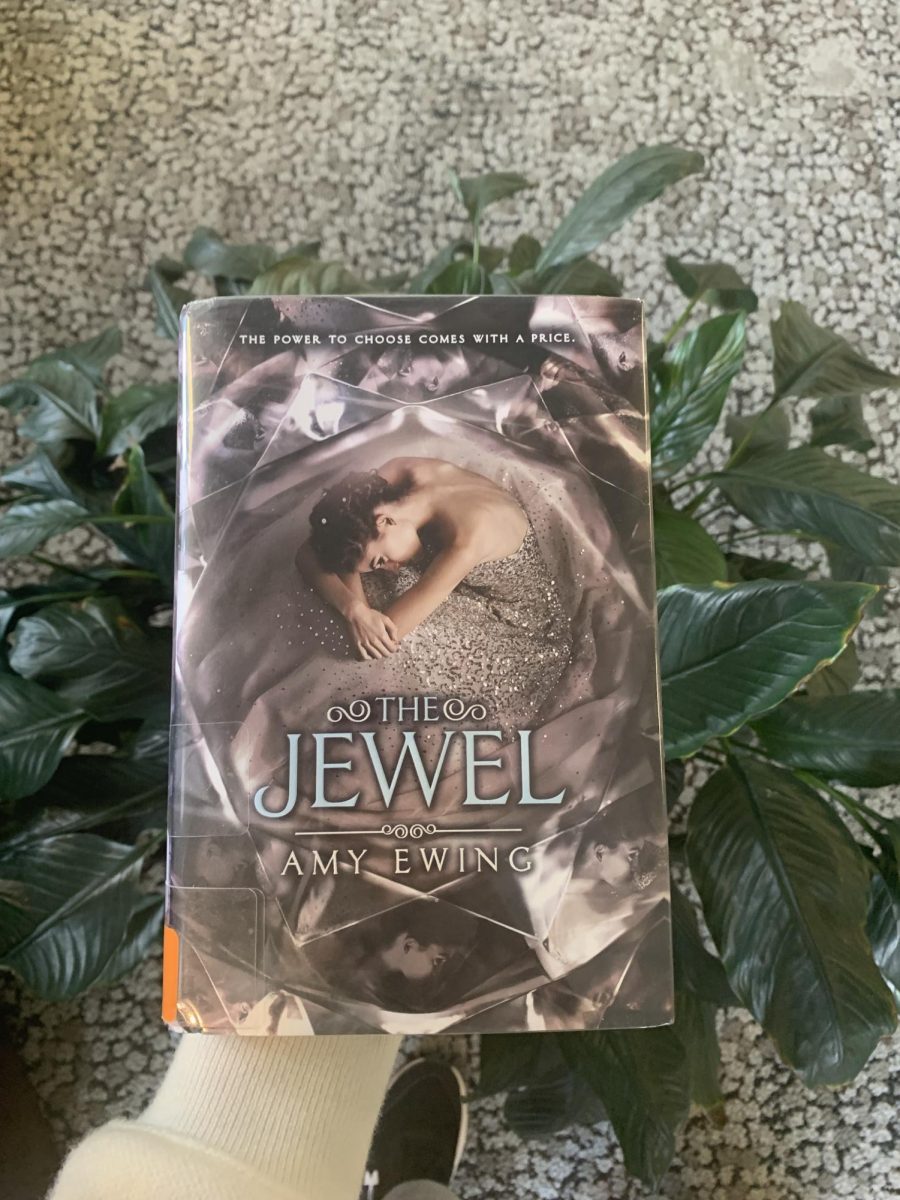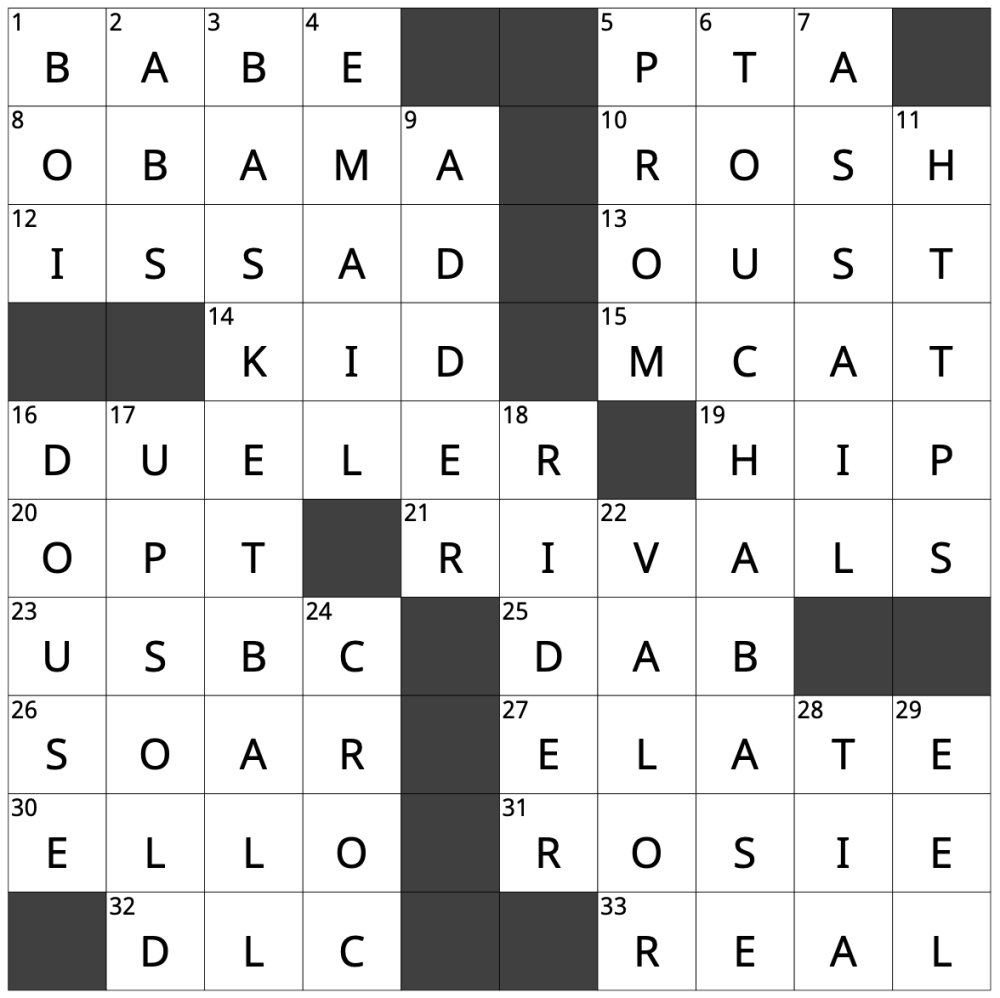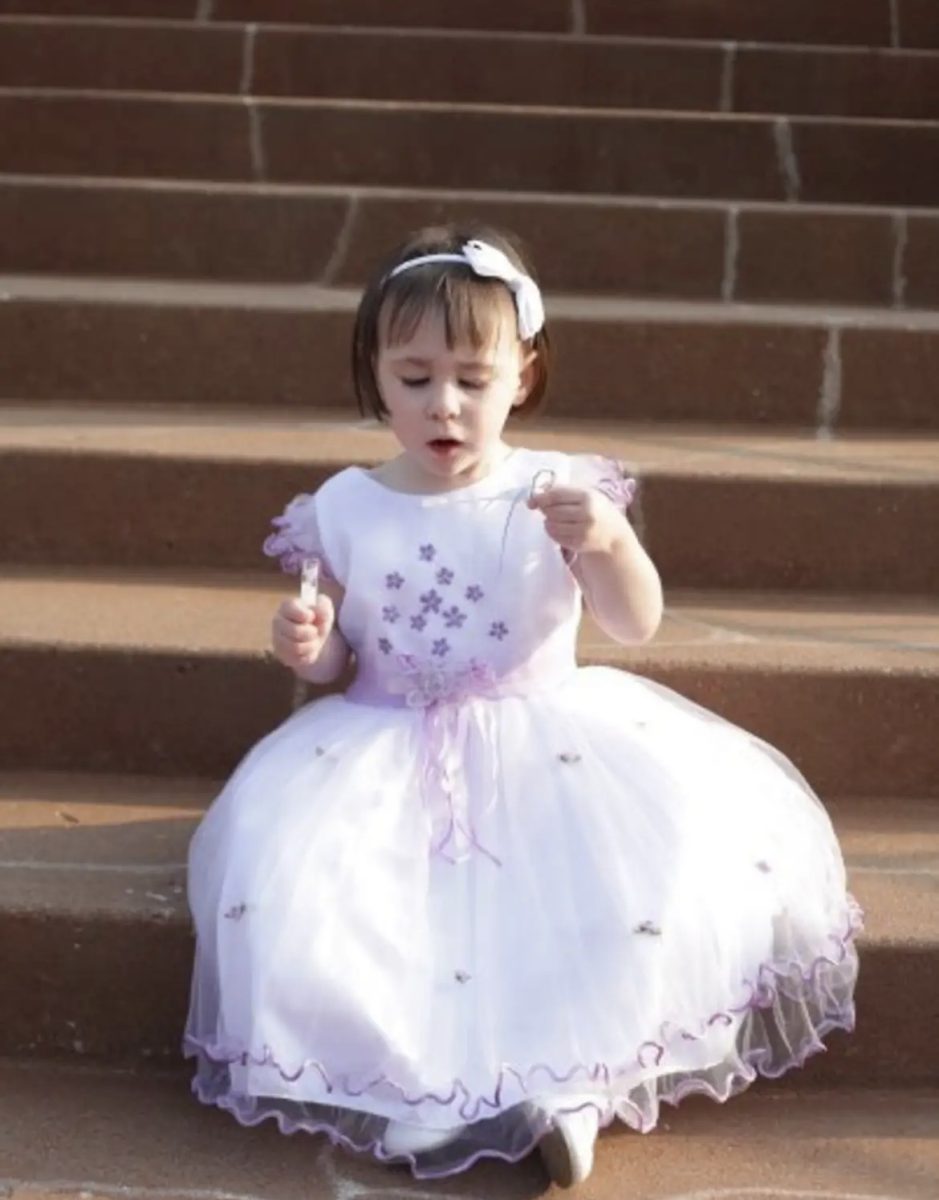The Jewel by Amy Ewing tells the story about trafficked surrogate Violet Lasting, also known as lot 197, and her experience in this dystopian fantasy world. Originally, I was looking for a royal romance story. Upon first reading this book, it ignited physical feelings of dread and fear. The darker topics surrounding my and the main character’s subconscious fears and thoughts brought to light were a nice touch to this book and definitely was a better experience than the romance I was initially looking for. It’s a story that delves into sensitive aspects regarding our weaknesses and how they affect us in the real world despite being in a fantasy setting. I find it intriguing that I can think back to this story and its disturbing topics for sparks to my pursuit of knowledge. The only other place I could look for these brutal scenes was horror movies, which I think kind of sparked my love for horror games.
While rereading this book, I got to relieve all of the emotions from my first time reading this, freshman year but I also got to notice more detail and subtly in the twisted effects this world had on our main character. For example, when reading the first time, the romantic aspect felt more like the trauma was pushed to the side in favor of the romantic positive ending. Like someone added it last minute or needed to quickly change their format from 18+ to between 14-17 years old. After a second reading, I saw how the bits and scraps of romance hinted at a kind of Stockholm syndrome or desperation for freedom which was echoed through the words and indirect meanings. I’ve changed my opinions about this book because it’s just so much all at once. My bias and predetermined knowledge got in the way a lot.
In the story, it starts off with Violet being escorted from her life as a servant into the auction. They’re raised comfortably, as comfortable as waiting to be sold is, and are put through a school, consisting of a mastery of auguries, the superpowers of this world. Each of these lessons are paired with buckets and handkerchiefs, used when they start puking up blood. These three auguries changing their surroundings by color, shape and growth are taught so they can foster the perfect child. The first thing I thought of wasn’t school related, but rather the indirect topic of manipulation expressed. This made me think back to other infamous times in history such as 1619, and allowed me to see how easily some controlling figure could control how we viewed ourselves and the world around us. More specifically, how the main character was raised to be subservient. These auguries are also hurting the students to master this skill all to the profit of someone higher up. This dehumanizing will tie into later themes throughout the book. For example, all the girls from the poorest group, the Marsh, are forced into surrogacy, an act of carrying and birthing a child for another couple. Anyone caught who avoided this was publicly beheaded before the other girls.
The arrival and start to the preparation process is obscene and unsettling, filled with drugs and the dread of helplessness despite only being 3 chapters in. The smallest glimmer of hope comes in the form of her lady-in-waiting who ironically is a man named Lucien who prepares her for the auction. Prepared and lady-in-waiting as in; dressing, dolling up, all sorts of horrors and vulnerabilities. This scene was obviously disturbing. The dark aspects of being trafficked and being treated as less than human struck a few chords in me, being a girl around the same age in an era where this does happen. It’s disturbing but also informative, as we get to see her thoughts, showing just how wrong the whole situation is.
Violet is eventually sold into the House of the Lake. She is treated as some precious treasure or trophy wife that is shown off to impress guests that will be used as a surrogate for the Duchess’ eventual heir, stripped her of individuality. This aspect again was close to home being a girl. Even after finishing the book, I found myself thinking back to it. The fear of being taken advantage of and manipulated by someone stronger, whether physically or by coercion, is something that I don’t consciously think about. But reading this book was definitely a reminder that this is a real fear I’ve had and others have. At this point, the duchess implied she was the cause behind one of her friend’s deaths who was also sold off as a surrogate, shattering any hope of escape alive. Dahlia, being described as tiny and young, by this 17 year old alone, is disturbing enough, but this act gives foreshadowing for the duchess’s cruelty.
Jumping ahead in the story with the constant abuse, our protagonist is awoken to a medical ward, after being knocked out being prepared for an experimental pregnancy to try for an early and a more developed delivery. Our protagonist, dreading this moment, is also pushed into a performance on cello, a week later for the other royals at the ball. During said performance, she experiences vaginal bleeding and passes out. After waking up, the doctor confirms she had miscarried, giving Violet five weeks to not be poked and prodded, to heal before trying again.
The fact the surrogate mother wasn’t ready to care for this child and this was by definition a rape child who she would be forced to care for and would possibly never see them again, makes this a touchy topic. I have yet to pick a side because of my lack of knowledge in this area. I think this topic helps bring the severity of this captivity to the reader and bring in some self-reflection in our real life decisions around this matter.
Nearing the end of the book about five weeks later, Violet bargains her way into the winter ball where her friend Raven, another surrogate, is going through the same procedure she had failed before. Once again it fails but this time violet rushes to help, embarrassing the duchess. Later in the afternoon, she talks with Ash, the pleaser for surrogates and the duchess catches her, dragging ash away, implying she would make him disappear like Dahlia. She is thrown into her room and the arcana, a symbol of Lucien coming to rescue her and a buzzer, starts buzzing. Hypothetically Lucien’s people will save her in the next book. The ending to me, as referenced earlier, was a perfect recreation of how she had been feeling. Scared, not knowing what will come next and horrified by the cruelty the main character had been shown. I liked this ending because it didn’t follow the usual cliché-type ending of ‘the MC wins in the end.’ I wasn’t expecting a dark twist, but noting the darker aspects within the book, it delivered. This is not to say this is okay to do in the real world, but when I look through books with realistic and sensitive topics, I want a realistic or different ending than what I’ve been given on the regular. I wish it went a little further into the details of what happened, granted, it would probably age up the rating. In said case, it never would have been in the South library in the first place if it didn’t stop where it did, which I have to appreciate. This book allowed me to form new perspectives and think back on the world around me and my own views, temporarily satisfying my constant thirst for knowledge.



















